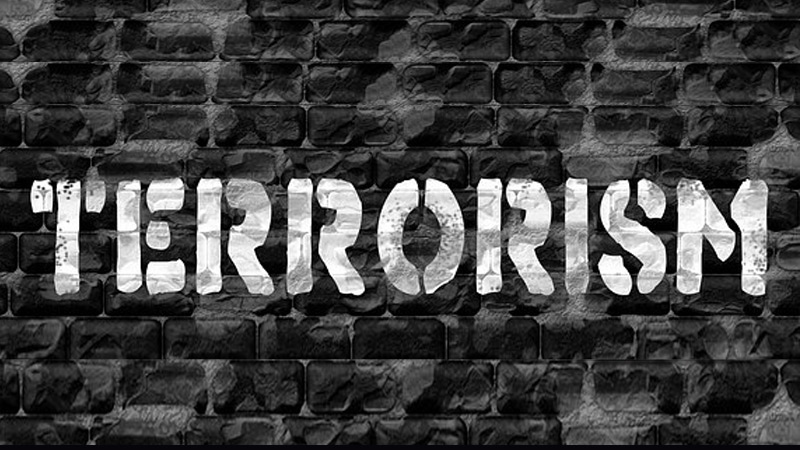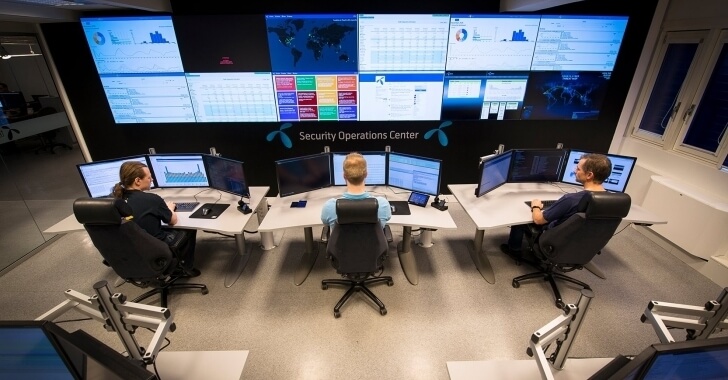

The training is designed for university graduates in Law, Political Science, International Relations, Economics, Social Science, Public Policy and other relevant disciplines. It is also suited to professionals working in governmental institutions, local authorities, international and non-governmental organizations. Candidates must have a very good working knowledge of English. Upon full completion of the course, the BTS will grant a Certificate of Participation.
The course aims to promote knowledge on the phenomenon, including the role, played by terrorist propaganda, and relevant counter-terrorism strategies with a particular focus on multilateral approach, governmental and civil society organizations responses, to properly frame the strategy to counter this phenomenon as part of the wider stabilization efforts, especially in the conflict-affected situations. Moreover, participants will learn about the rehabilitation of terrorists and violent extremists, and methods of preventing the spread of radicalization and networking among such individuals. The following issues will be featured during the course:
The lecturers are law enforcement officers, prosecutors, judges, and other justice practitioners from national, regional and international organization dealing with counter-terrorism. The training module will promote the transfer of good practices and enhance networking with national, regional and international organizations, and research centers.
CDGA attendance certificate will be issued to all attendees completing minimum of 80% of the total course duration.
| Code | Date | Venue | Fees | Register |
|---|---|---|---|---|
| SEC126-02 | 03-05-2026 | Dubai | USD 5450 | |
| SEC126-03 | 02-08-2026 | Manama | USD 5450 | |
| SEC126-04 | 08-11-2026 | Riyadh | USD 5450 |

This course will provide participants with an insight into the fundamentals of managing modern and effective security operations. It will address a wide variety of topics such as security policies and ...

This programme presents the latest Information System Security issues, concerns, and countermeasures.

Security Officers are professionals who work in a variety of organizations and with diverse groups of people. As such, they require the necessary skills and knowledge to enhance both persona ...
Providing services with a high quality that are satisfying the requirements
Appling the specifications and legalizations to ensure the quality of service.
Best utilization of resources for continually improving the business activities.
CDGA keen to selects highly technical instructors based on professional field experience
Since CDGA was established, it considered a training partner for world class oil & gas institution
3012, Block 3, 30 Euro Business Park, Little Island, Co. Cork, T45 V220, Ireland
Mon to Fri 09:00 AM to 06:00 PM
Contact Us anytime!
Request Info